Which of the following tetracarboxylic acid form di-anhydride : Solution in Kannada
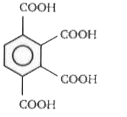
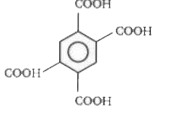
neither (a) nor (b)
both (a) and (b)
The correct Answer is:D
1,2-dicarboxylic acid on heating form anhydride.
Topper's Solved these Questions
- BOOK - MS CHOUHANCHAPTER - AROMATIC COMPOUNDS EXERCISE - LEVEL-211videos
AROMATIC COMPOUNDS
- BOOK - MS CHOUHANCHAPTER - AROMATIC COMPOUNDS EXERCISE - LEVEL-2 (COMPREHENSION)16videos
AROMATIC COMPOUNDS
- BOOK - MS CHOUHANCHAPTER - AMINESEXERCISE - Level-21videos
AMINES
- BOOK - MS CHOUHANCHAPTER - BIOMOLECULES EXERCISE - LEVEL - 25videos
BIOMOLECULES
Similar Questions
Each of the six compounds shown at the bottom of the page has two aromatic (benzene) rings. In each case the two rings are different and are labeled A & B. If an electrophilic substitution, such as nitration or bromination, is carried out on each compound, then identify which ring (A or B) will be preferentially attacked, and indicate the orientation of the substitution (ortho/para, meta or all sites).
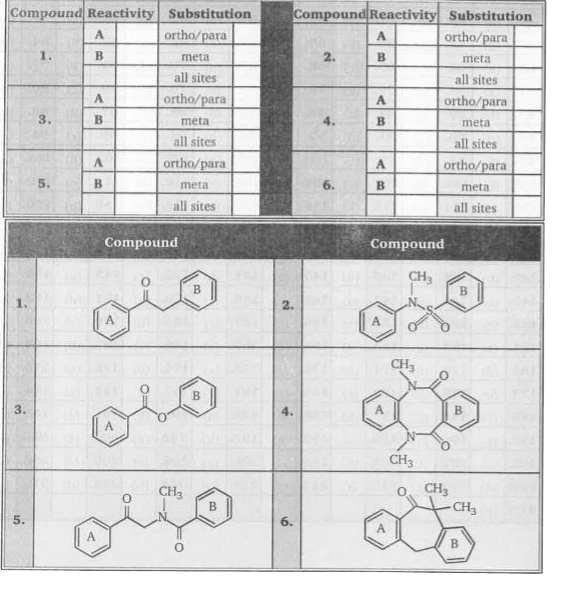 05:32View Solution
05:32View SolutionGiven is the energy profile diagram of nitration of benzene using mixed acid. (HNO3+H2SO4)
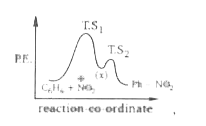
Identify (x) in above reaction :05:32View SolutionFive amine syntheses are outlined below. In each reaction box enter a single letter designating the best reagent and conditions selected from the list at the bottom of the page.
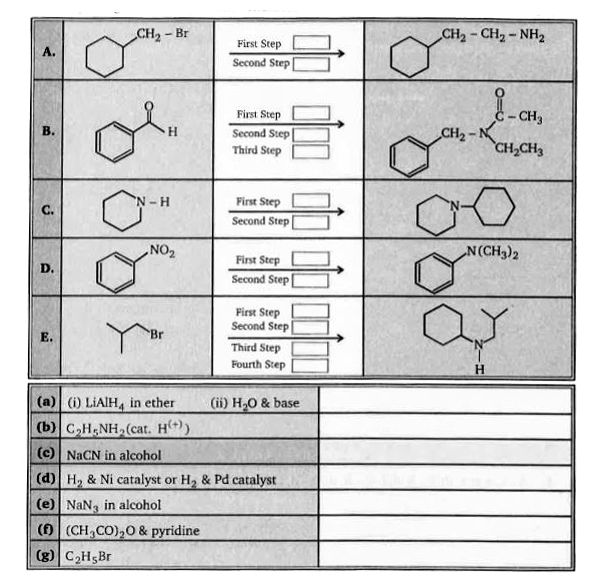
 05:32View Solution
05:32View SolutionMatch the colume (I) and Column (II). (Matrix)
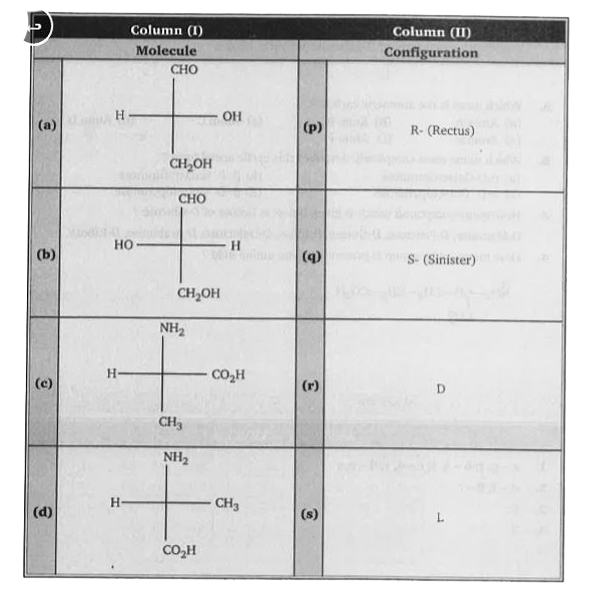 01:58View Solution
01:58View SolutionThree isomeric tetracarboxylic acids (I),(II) , and (III) are given. They can be distinguised by anhydride formation by treating with one equivalent and two equivalents of SOCl_2 . Which tetracarboxylic acid on reaction with one equivalent of SOCl_2 gives two isomeric monoanhydrides ?
02:08View SolutionThree isomeric tetracarboxylic acids (I),(II), and (III) are given.
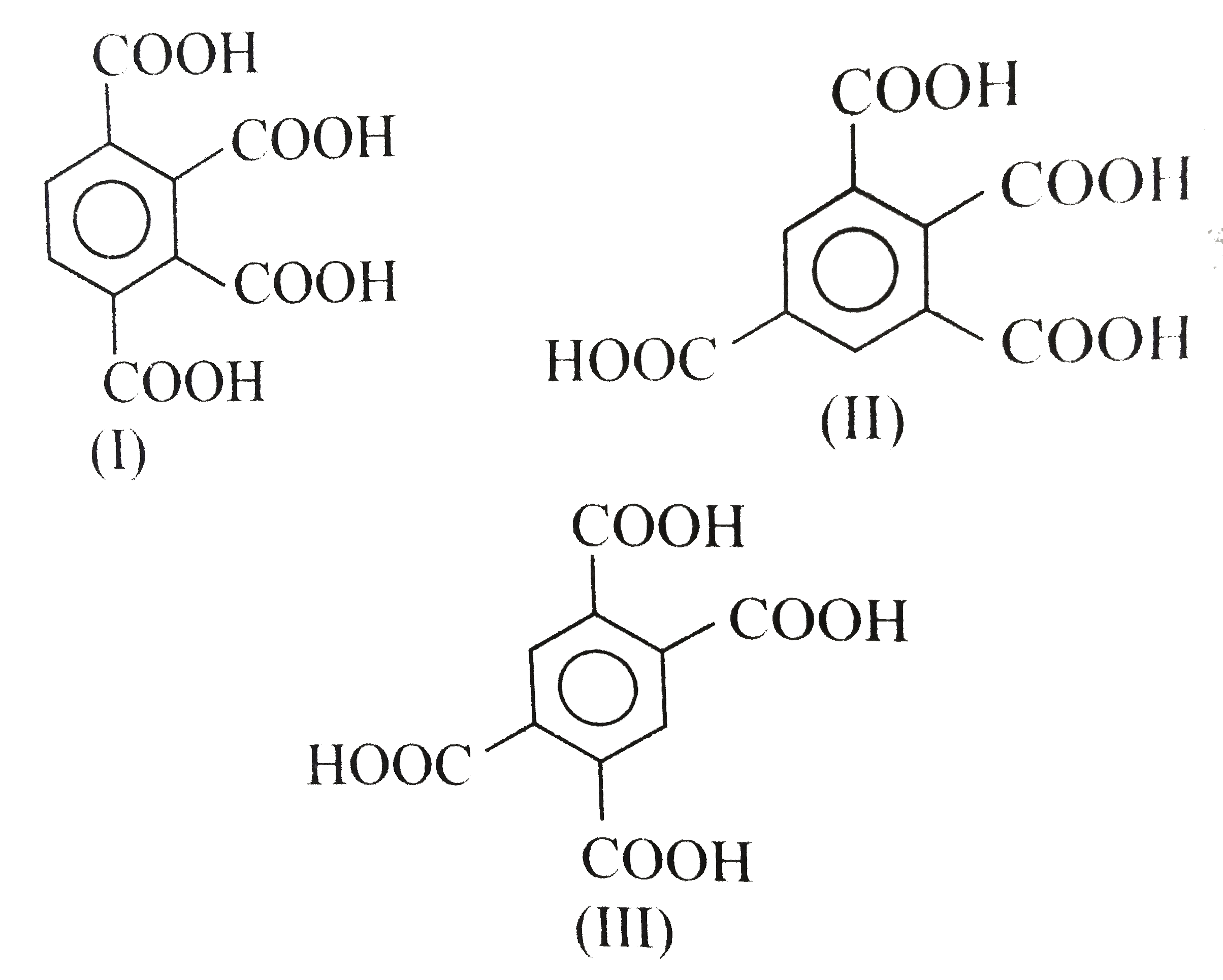
They can be distinguised by anhydride formation by treating with one equivalent and two equivalents of SOCl2.
Which tetracarboxylic acid on reaction with one equivalent of SOCl2 gives only one monoaanhydride ?01:40View SolutionThree isomeric tetracarboxylic acids (I),(II), and (III) are given.
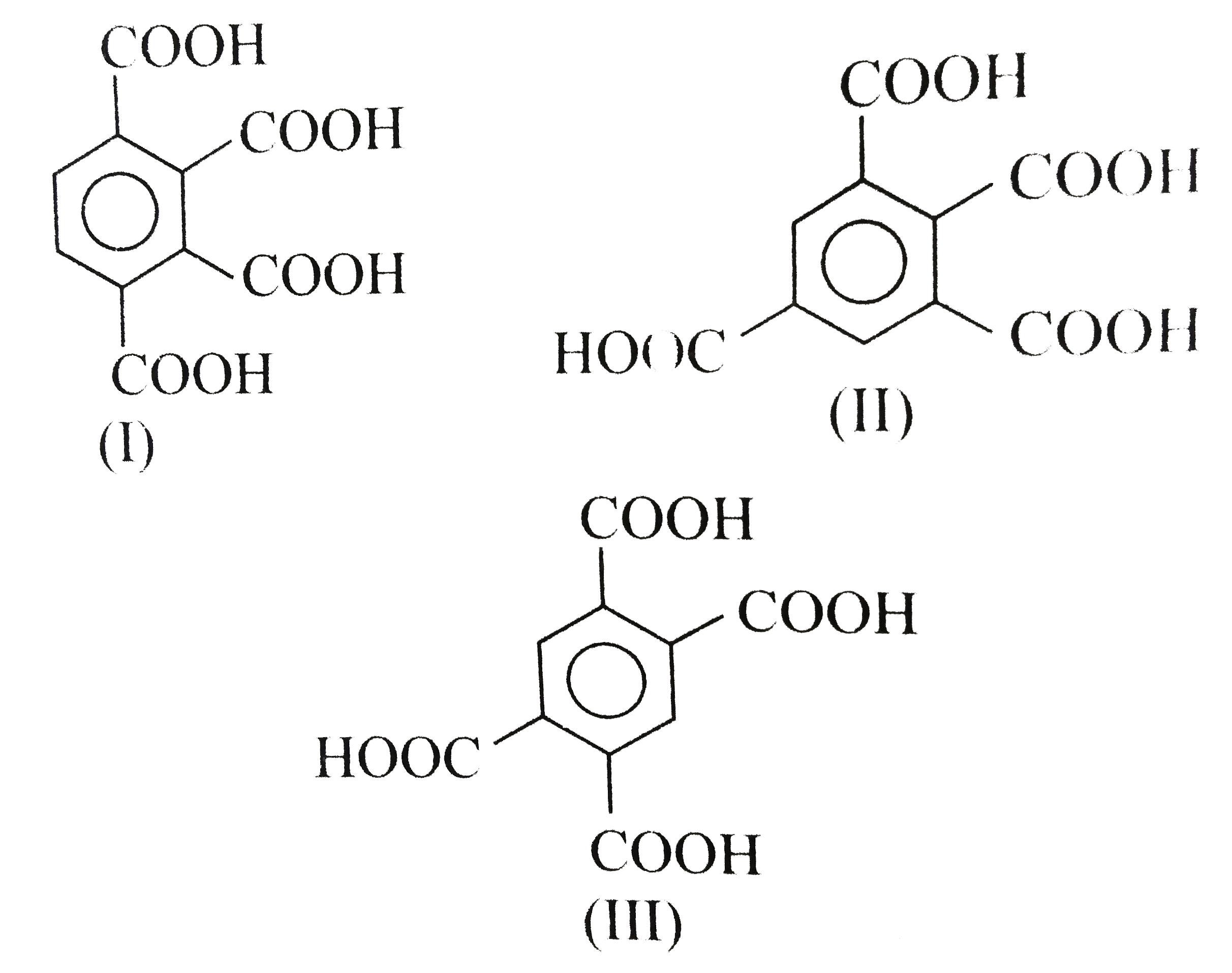
They can be distinguised by anhydride formation by treating with one equivalent and two equivalents of SOCl2.
Which tetracarboxylic acid on reaction with second equivalent of SOCl2 to the monoanhydride of (I),(II), and (III) gives a dianhydride ?View SolutionWhich of the following is a mixed acid anhydrid
View SolutionWhich of the following is not an acid anhydride ?
View SolutionWhich of the following organic acid decolourises bromine water as well as forms anhydride ?
02:38View SolutionThere are three isomeric tetracarboxylic acid.

Which of these form two isomeric monoanhydrides ?05:23View SolutionAmong the following acids, the one which can form an anhydride most easily is :
05:11View SolutionWhich of the following is a mixed acid anhydride ?
01:54View SolutionWhich of the following is true acid anhydride?
02:06View SolutionThree isomeric tetracarboxylic acids (I),(II) , and (III) are given. They can be distinguised by anhydride formation by treating with one equivalent and two equivalents of SOCl_2 . Which tetracarboxylic acid on reaction with one equivalent of SOCl_2 gives two isomeric monoanhydrides ?
02:07View SolutionThree isomeric tetracarboxylic acids (I),(II), and (III) are given.

They can be distinguised by anhydride formation by treating with one equivalent and two equivalents of SOCl2.
Which tetracarboxylic acid on reaction with one equivalent of SOCl2 gives only one monoaanhydride ?View Solution
